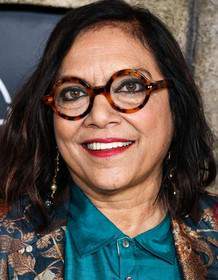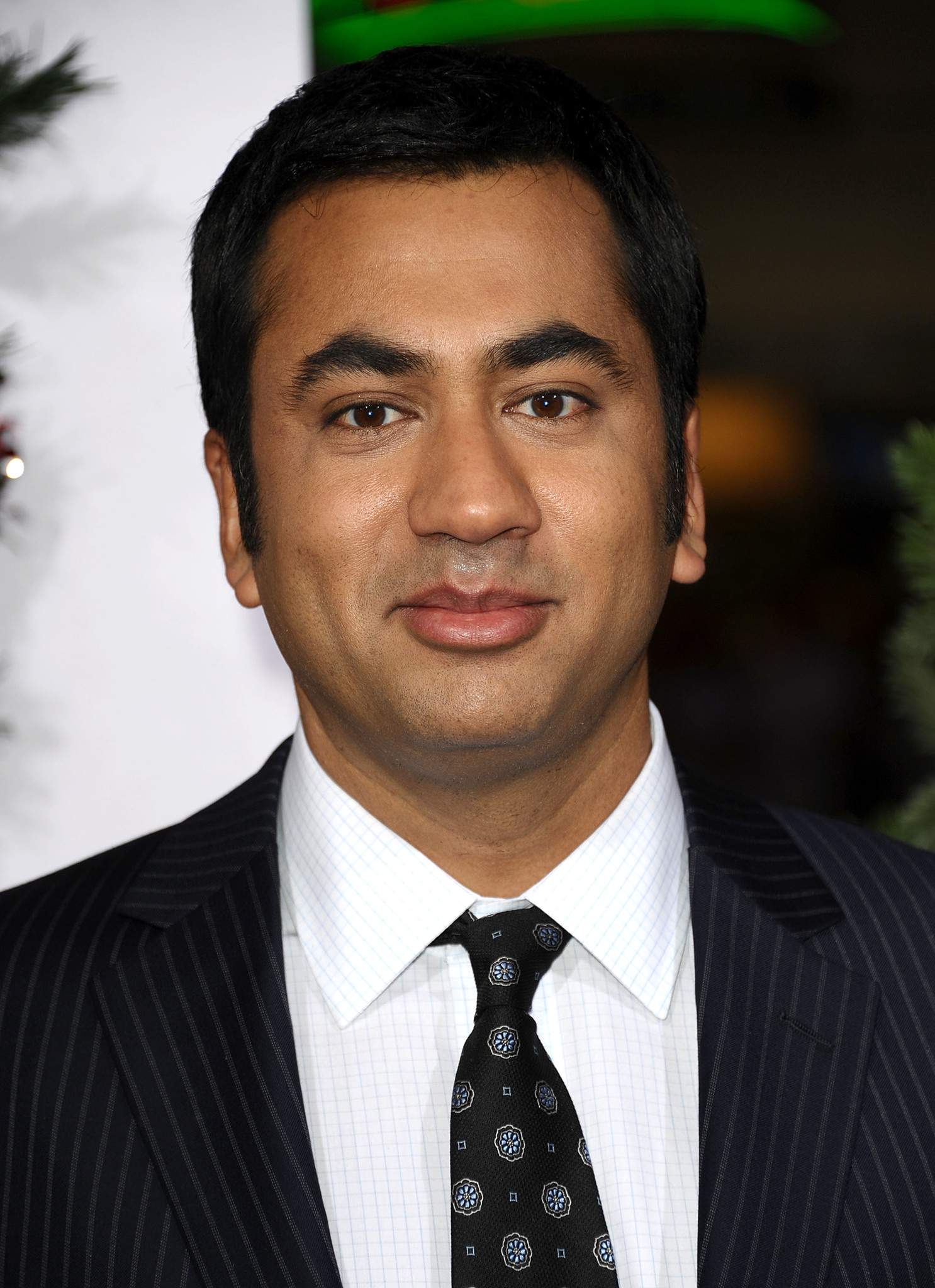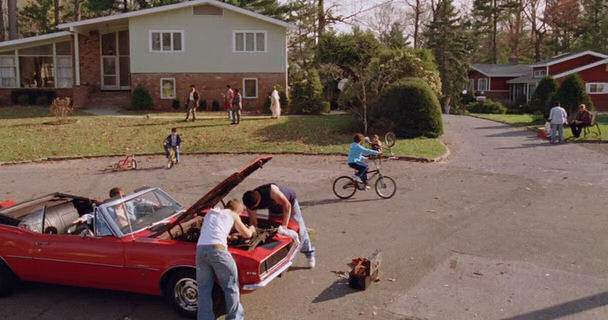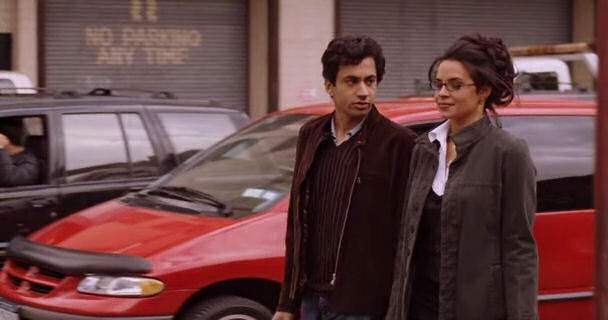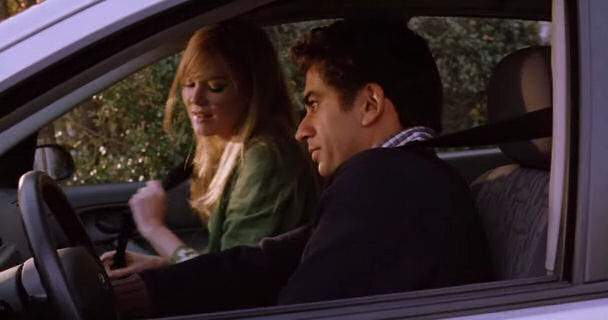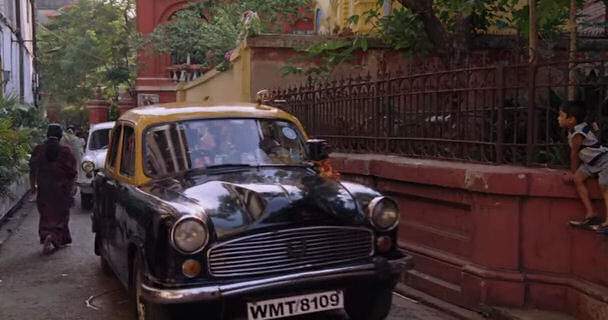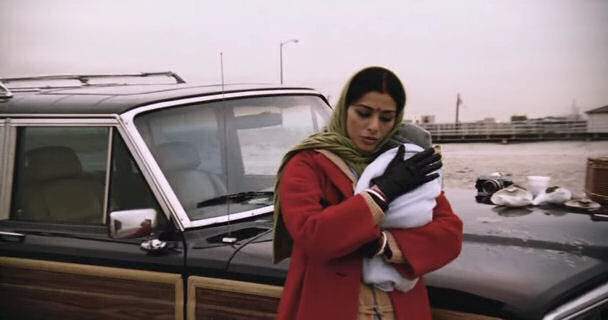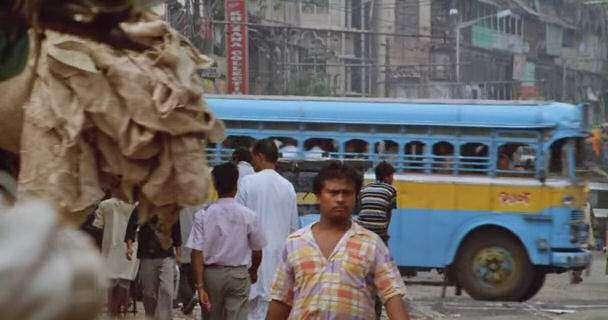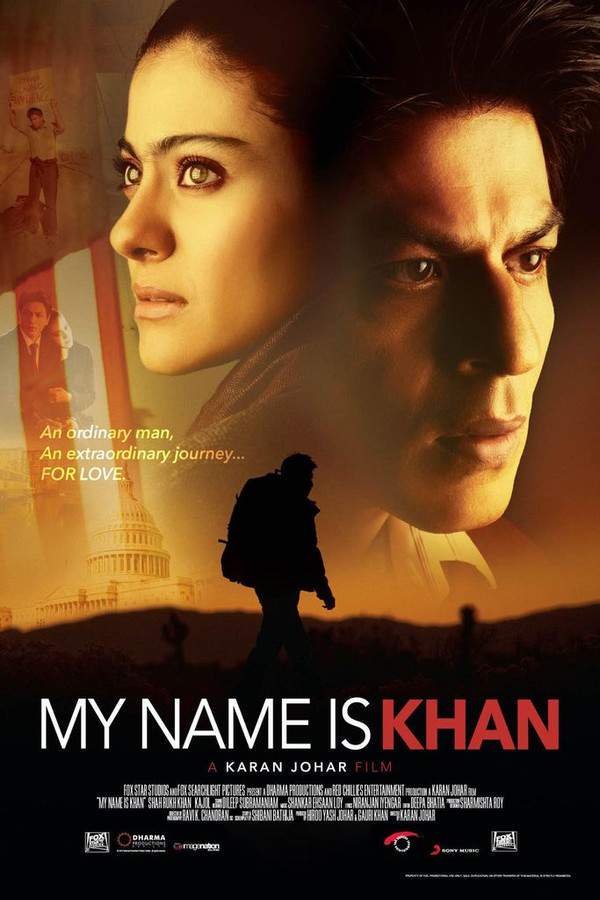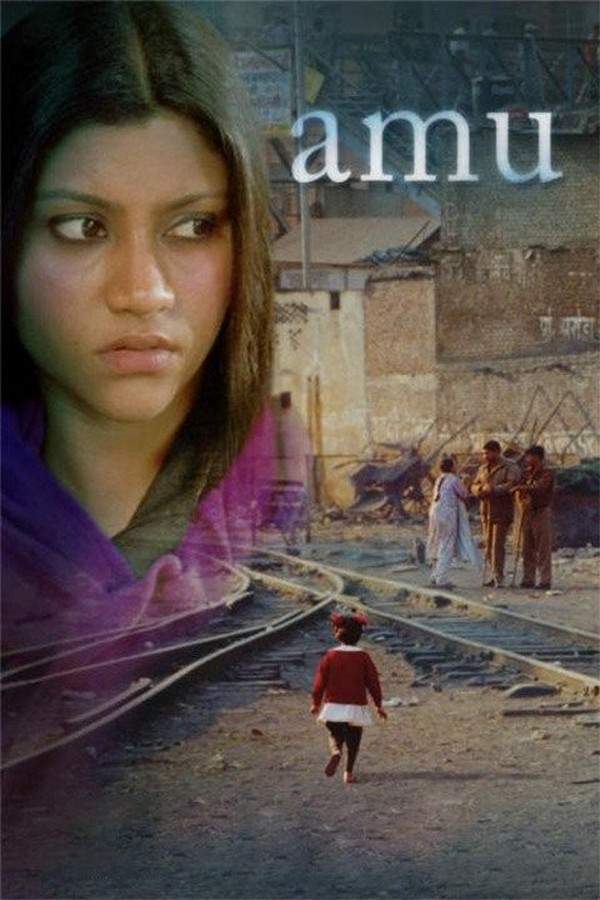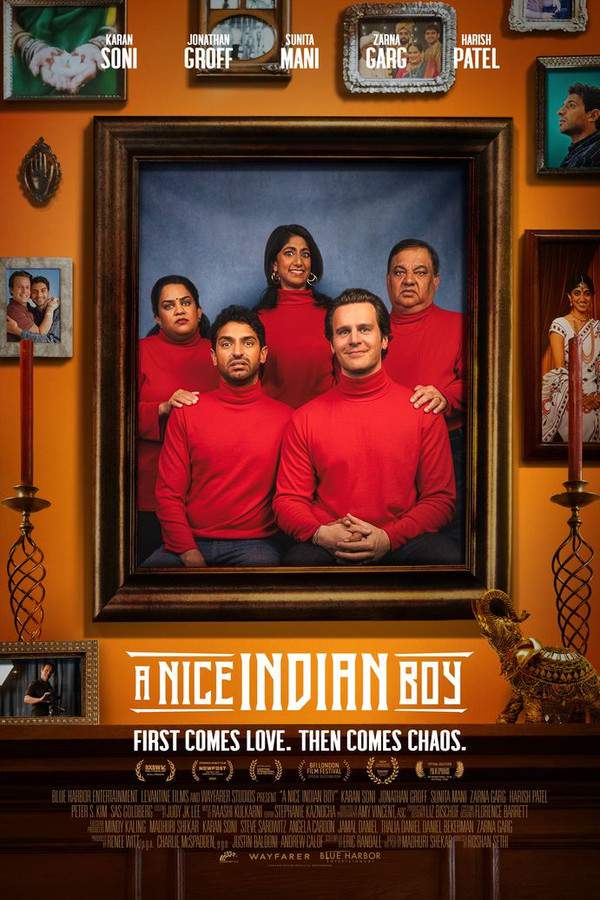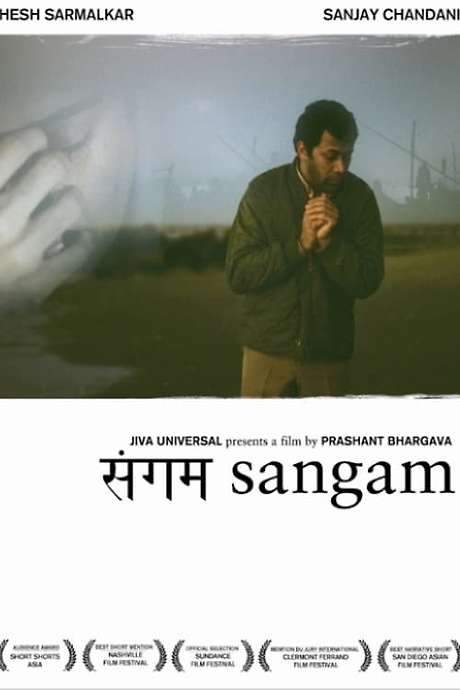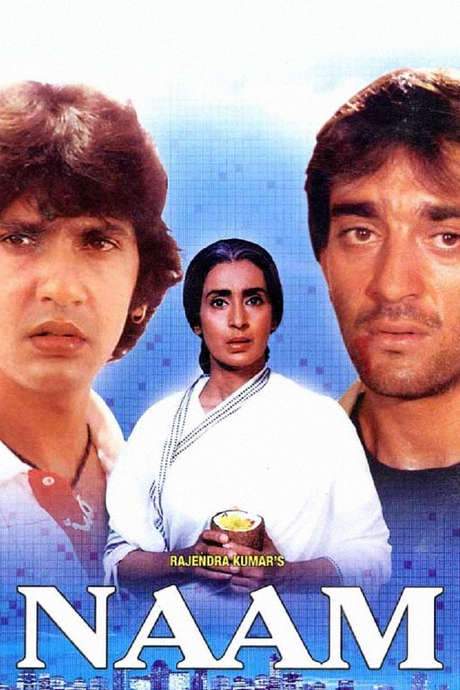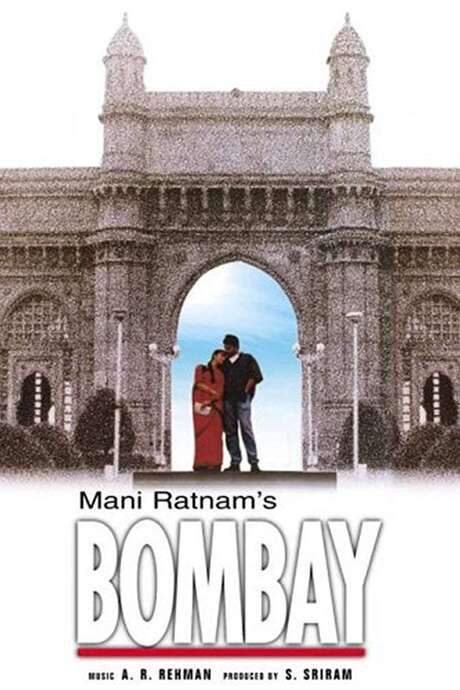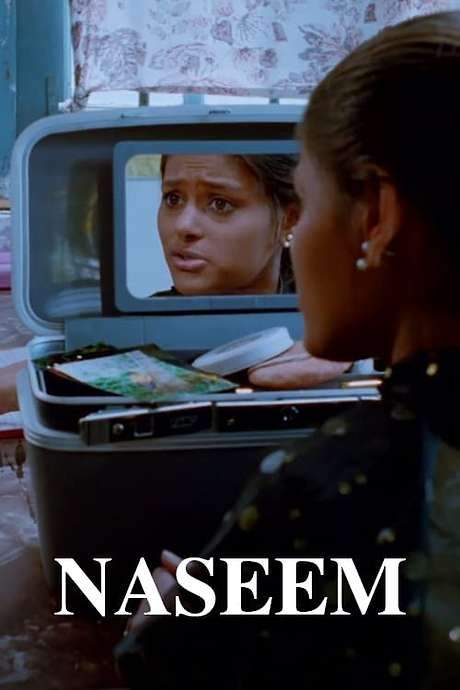The Namesake 2007
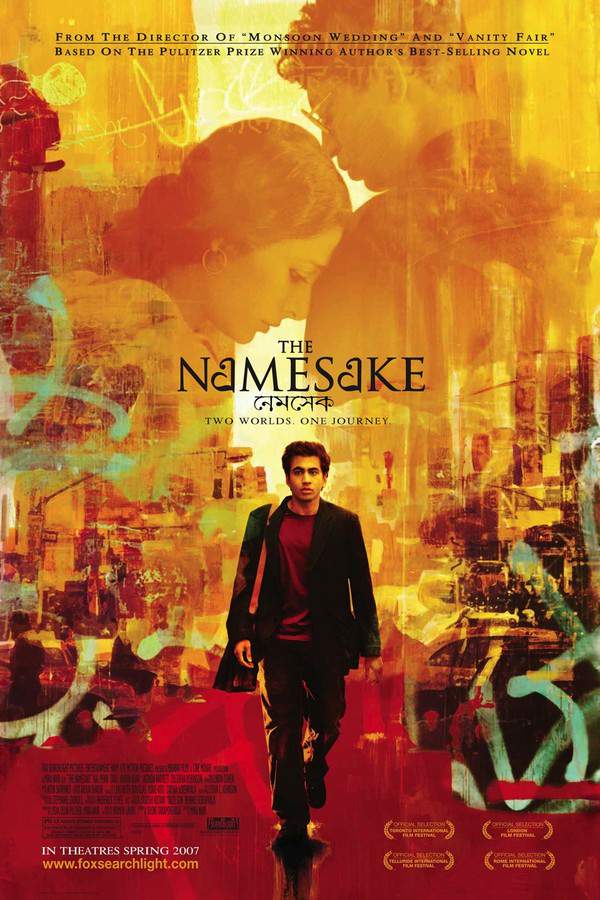
A poignant story of cultural identity, this film follows the Ganguli family as they experience the challenges of adapting to a new life in America while honoring their Indian heritage. Ashoke and Ashima strive to build a future for their children, but their son, Gogol, struggles to reconcile his personal aspirations with the traditions of his family and the meaning behind his unusual name. The film explores themes of belonging, family, and the complexities of growing up between two worlds.
Does The Namesake have end credit scenes?
No!
The Namesake does not have end credit scenes. You can leave when the credits roll.
Meet the Full Cast and Actors of The Namesake
Explore the complete cast of The Namesake, including both lead and supporting actors. Learn who plays each character, discover their past roles and achievements, and find out what makes this ensemble cast stand out in the world of film and television.
External Links and Streaming Options
Discover where to watch The Namesake online, including streaming platforms, rental options, and official sources. Compare reviews, ratings, and in-depth movie information across sites like IMDb, TMDb, Wikipedia or Rotten Tomatoes.
Ratings and Reviews for The Namesake
See how The Namesake is rated across major platforms like IMDb, Metacritic, and TMDb. Compare audience scores and critic reviews to understand where The Namesake stands among top-rated movies in its genre.

82
Metascore
7.7
User Score


%
TOMATOMETER

0%
User Score

7.5 /10
IMDb Rating

67
%
User Score
Take the Ultimate The Namesake Movie Quiz
Challenge your knowledge of The Namesake with this fun and interactive movie quiz. Test yourself on key plot points, iconic characters, hidden details, and memorable moments to see how well you really know the film.
The Namesake Quiz: Test your knowledge on the themes, characters, and events from the movie 'The Namesake'.
What is the name of Ashoke and Ashima's son?
Gogol
Nikhil
Sonia
Maxine
Show hint
Awards & Nominations for The Namesake
Discover all the awards and nominations received by The Namesake, from Oscars to film festival honors. Learn how The Namesake and its cast and crew have been recognized by critics and the industry alike.
23rd Independent Spirit Awards 2008

Full Plot Summary and Ending Explained for The Namesake
Read the complete plot summary of The Namesake, including all major events, twists, and the full ending explained in detail. Explore key characters, themes, hidden meanings, and everything you need to understand the story from beginning to end.
The film opens with a train accident whose impact will gradually unfold. Ashima, portrayed by Tabu, is a young Bengali girl skilled in classical singing, who finds herself in an arranged marriage with Ashoke Ganguli, played by Irrfan Khan, a Bengali man settled in New York. After leaving her homeland and family behind, Ashima strives to adapt to the fast-paced lifestyle of New York, grappling with the challenges of cultural differences, harsh weather, and a cramped apartment where she feels isolated from her neighbors. As Ashoke dedicates his time to studying and working long hours, Ashima frequently battles loneliness.
Despite their struggles, the couple gradually grows closer, although expressing emotions proves difficult due to their upbringing, which encourages restraint between men and women. Eventually, Ashima gives birth to a son, whom Ashoke names Gogol, in homage to the Russian author he admires, although in accordance with Bengali tradition, the boy receives the “good name” of Nikil, which is lovingly shortened to Nicky by his American friends. Later, they welcome a daughter named Sonia, who, as a teenager, portrayed by Shahira Nair, embodies a rebellious spirit that clashes with the traditional expectations placed upon her by her family, including her grandparents—Ruma Guha Thakurta, Tanushree Shankar, Sabyasachi Chakraborty, and Tamal Ray Chowdhury—who pressure her to settle down, marry, and start a family. Sonia yearns for independence and chooses to relocate to California to carve out her own path.
As Gogol, acted by Kal Penn, grows up, he navigates the complexities of American adolescence, spurred by a family trip to the Taj Mahal, which ignites his passion for architecture. His relationship with Maxine Ratliff, an all-American girl portrayed by Jacinda Barrett, sends him spiraling away from his own familial ties. When Ashoke travels to Ohio for teaching, he unexpectedly suffers a fatal heart attack, thrusting Gogol into a deep confrontation with his cultural identity and grief. Struggling to allow Maxine to comfort him, the strain ultimately causes their relationship to dissolve.
Recalling his father’s harrowing tale of survival during the train accident, Gogol is reminded of the fragility of life. Later, he reconnects with Moushumi Mazundar, played by Zuleikha Robinson, a fellow Bengali who has embraced Western culture and independence. Although their parents once envisioned a marriage between them, Gogol initially perceives Moushumi as meek and conventional. Yet, she transforms into a confident businesswoman and they marry, sharing an intense connection. However, their marriage falters as Moushumi’s sociable nature clashes with Gogol’s preferences and culminates in an affair with an ex-boyfriend, pushing Gogol towards self-acceptance regarding his cultural roots.
Meanwhile, Ashima contemplates returning to India, feeling disconnected from a country she never fully understood. Though she offers to cancel her upcoming trip, Gogol encourages her to go, relishing his newfound sense of freedom during this pivotal phase in both their lives.
Uncover the Details: Timeline, Characters, Themes, and Beyond!

Coming soon on iOS and Android
The Plot Explained Mobile App
From blockbusters to hidden gems — dive into movie stories anytime, anywhere. Save your favorites, discover plots faster, and never miss a twist again.
Sign up to be the first to know when we launch. Your email stays private — always.
Watch Trailers, Clips & Behind-the-Scenes for The Namesake
Watch official trailers, exclusive clips, cast interviews, and behind-the-scenes footage from The Namesake. Dive deeper into the making of the film, its standout moments, and key production insights.
Cars Featured in The Namesake
Explore all cars featured in The Namesake, including their makes, models, scenes they appear in, and their significance to the plot. A must-read for car enthusiasts and movie buffs alike.
The Namesake Themes and Keywords
Discover the central themes, ideas, and keywords that define the movie’s story, tone, and message. Analyze the film’s deeper meanings, genre influences, and recurring concepts.
The Namesake Other Names and Titles
Explore the various alternative titles, translations, and other names used for The Namesake across different regions and languages. Understand how the film is marketed and recognized worldwide.
Similar Movies To The Namesake You Should Know About
Browse a curated list of movies similar in genre, tone, characters, or story structure. Discover new titles like the one you're watching, perfect for fans of related plots, vibes, or cinematic styles.
Quick Links: Summary, Cast, Ratings, More

What's After the Movie?
Not sure whether to stay after the credits? Find out!
Explore Our Movie Platform
New Movie Releases (2026)
Famous Movie Actors
Top Film Production Studios
Movie Plot Summaries & Endings
Major Movie Awards & Winners
Best Concert Films & Music Documentaries
Movie Collections and Curated Lists
© 2026 What's After the Movie. All rights reserved.



